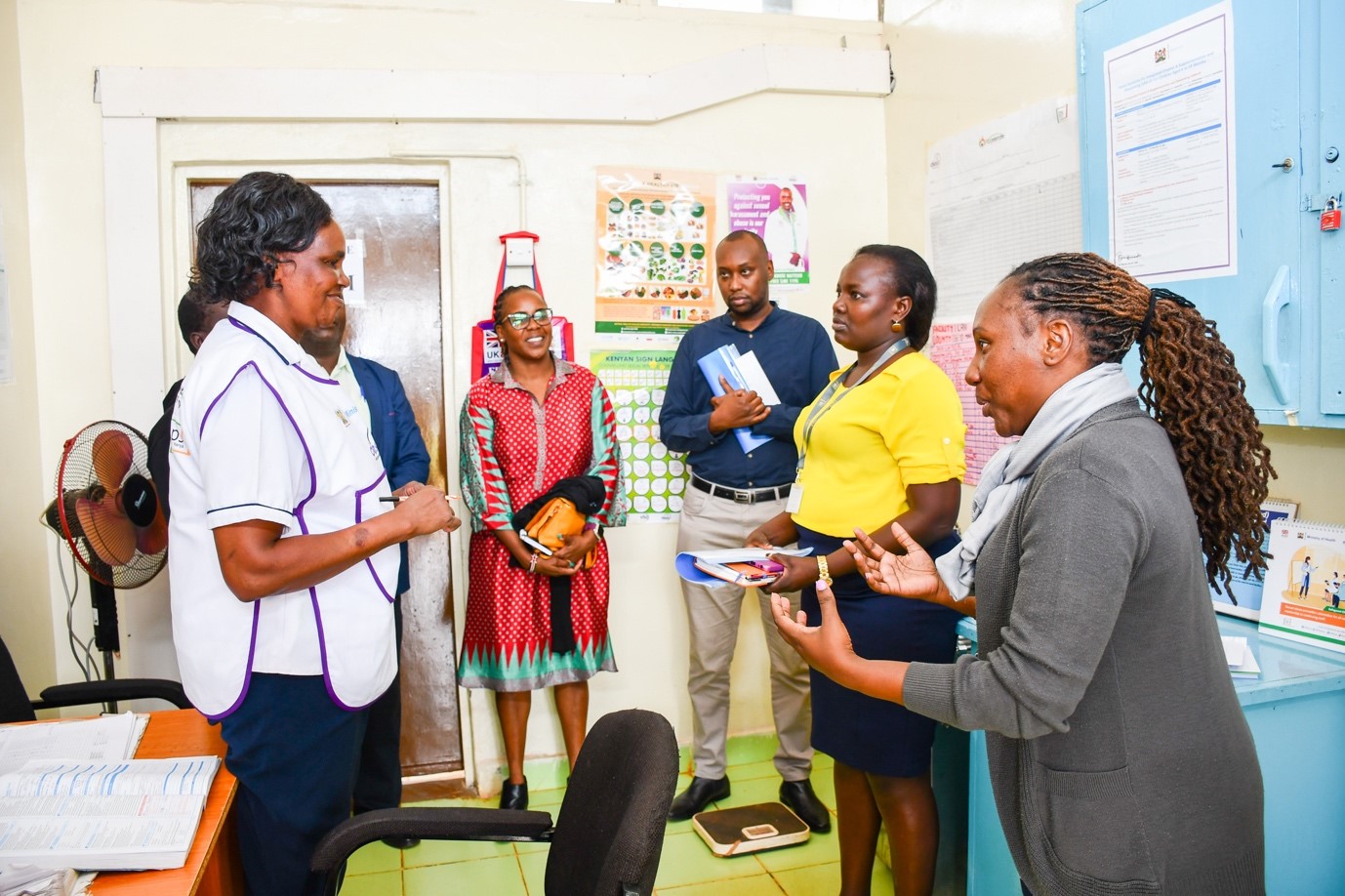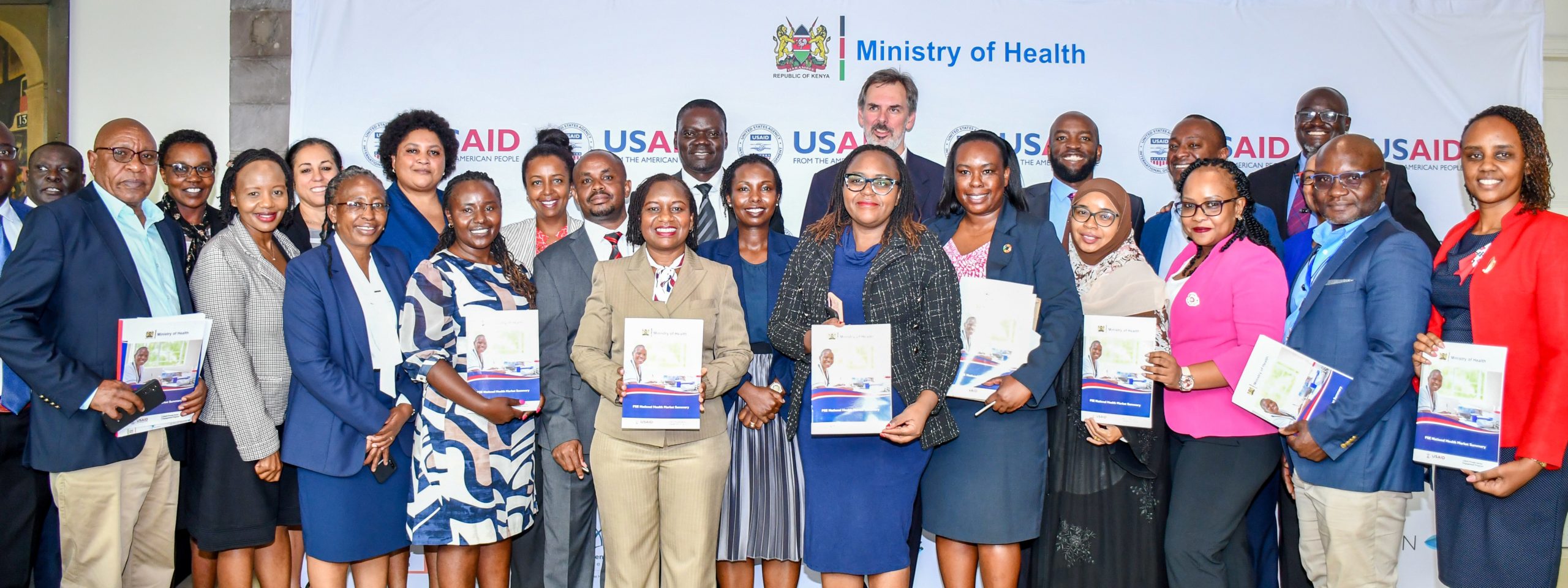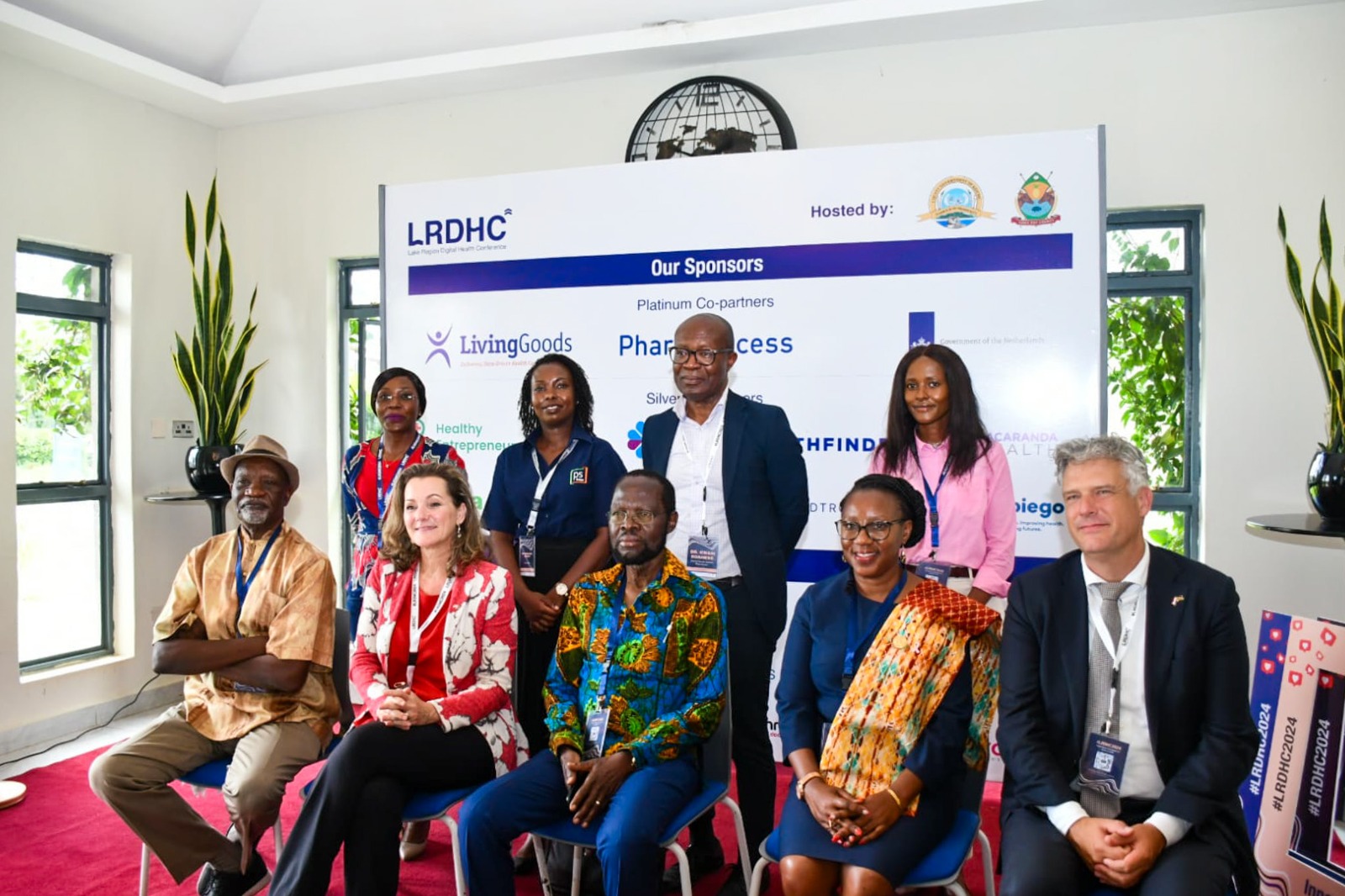The Rift Valley Region of Kenya hosted the British High Commission for a two-day health facility visit in April 2024, organised by PS Kenya’s DESIP Programme. The visit was marked by in-person engagements with the programme’s beneficiaries, Community Health Promoters (CHPs) and County Health Management Teams (CHMTs), who shed light on the transformative impact of the UKAID-funded DESIP (Delivering Equitable and Sustainable Increases in Family Planning) programme.

The visit was carried out in five facilities: Iten referral hospital, Kapenguria referral hospital, Tambach health centre, Biretwa health centre, and Keringet health centre, where the programme’s initiatives are implemented.
As the development partners traversed through the region, they were met with moments that left vivid imagery of the programme’s impact in the communities. A number of conversations were held with beneficiaries, where women shared their journey towards embracing family planning, as well as Community Health Promoters (CHPs), who explained what they do on a day-to-day basis and the challenges they encounter in line with their duties.
Over the past five years of implementation, DESIP has achieved remarkable milestones, with an impressive record of 2.7 million couple years of protection and 1.4 million pregnancies averted. The programme has been instrumental in empowering individuals with access to family planning, resulting in 315,000 additional users. DESIP’s efforts have significantly enhanced maternal and child health, with nine out of 12 counties experiencing notable improvements in modern contraceptive prevalence rates.
Speaking during a meeting with the county health management teams from Elgeyo-Marakwet and West-Pokot counties, Dr. Charlotte Pahe, PS Kenya’s Programmes Director, assured the county governments of DESIP’s support in the region to alleviate the dire situation around reproductive and maternal child health.
“As we continue to work together, DESIP, in its years of implementation, is focused on continuing the exemplary work in reproductive and maternal child health,” Dr. Pahe.
The British High Commission’s representatives commended the dedication and commitment demonstrated by the DESIP team, making critical recommendations on how to enhance advocacy in the future.
“I can see the way you have owned the programme through the way you have implemented it, despite the notable. There is a great demand to increase capacity to do more.,” said Akaco Ekirapa, FCDO Programmes Technical Lead.
The visit was one of a kind as it clearly showcased how strategic partnerships go a long way in promoting health in the various regions, as witnessed through the DESIP programme partners.



